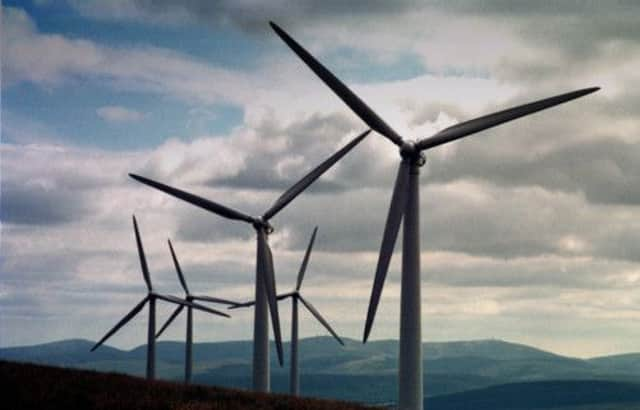Tom Peterkin: SNP’s ideological differences


In a barnstormer of a speech, MacAskill was making the point that he was fed up of going on protest marches in support of nuclear disarmament as he argued that an independent and nuclear-free Scotland should join Nato.
Despite the apparent contradiction of a nuclear-free country signing up to a nuclear alliance, it was a defining moment during a conference which successfully challenged the SNP’s long-held opposition to Nato.
Advertisement
Hide AdAdvertisement
Hide AdMacAskill’s argument that more could be done to make Scotland nuclear-free within Nato narrowly won the day during a conference that was unusual for modern political gatherings, in that ideological differences were expressed passionately from the conference stage.
As the activists arrived in Perth yesterday for another conference, it was clear there would be no such excitement this time round. One year out from the referendum, the desire for party unity looks likely to triumph over any inclination to air differences.
But as Alex Salmond issues his rallying call, he will be reminded that there is a large contingent of discontented Scots, who, unlike MacAskill, are not tired of marching.
When Salmond makes his keynote speech on Saturday, anti-wind farm protestors from all over Scotland will descend on Perth to demonstrate against the turbines that are springing up all over the country.
Clearly, it is quite possible to be both anti-turbine and pro-independence, just as it is possible to be in favour of both wind farms and remaining in the United Kingdom.
But Salmond is so closely identified with the Scottish Government’s drive for green energy that it is inconceivable that the vociferous opposition to wind farms will not have an impact on both his personal popularity and, therefore, his chances of bringing off the big one on 18 September next year.
As revealed by this newspaper, a judgment by Lady Clark has thrown the legality of many turbines into doubt. Her recent ruling that the vast majority of windfarms require an Ofgem licence when most of them don’t have one appeared highly significant.
It is a judgment that has given some succour to those fighting against what they see as the desecration of Scotland’s green and pleasant land by those dark, Satanic windmills.
Advertisement
Hide AdAdvertisement
Hide Ad“Outrageous”, however, was the reaction of one campaigner when she learned yesterday that Scottish ministers took the view that the “balance of public and national interest” was in favour of going ahead with turbine construction, despite Lady Clark’s decision.
Much of that anger will be in evidence on Saturday. Meanwhile, only time will tell how the great wind farm debate affects the battle for Scotland’s constitutional future.